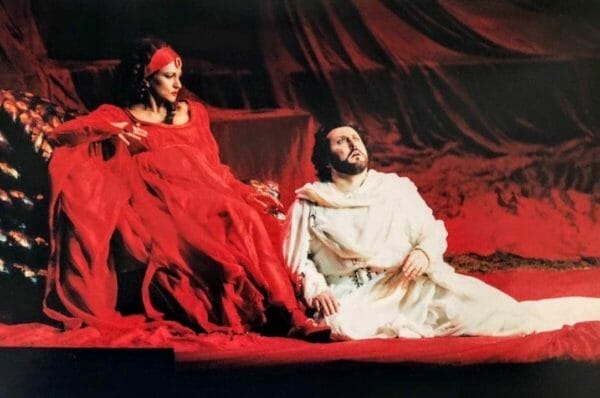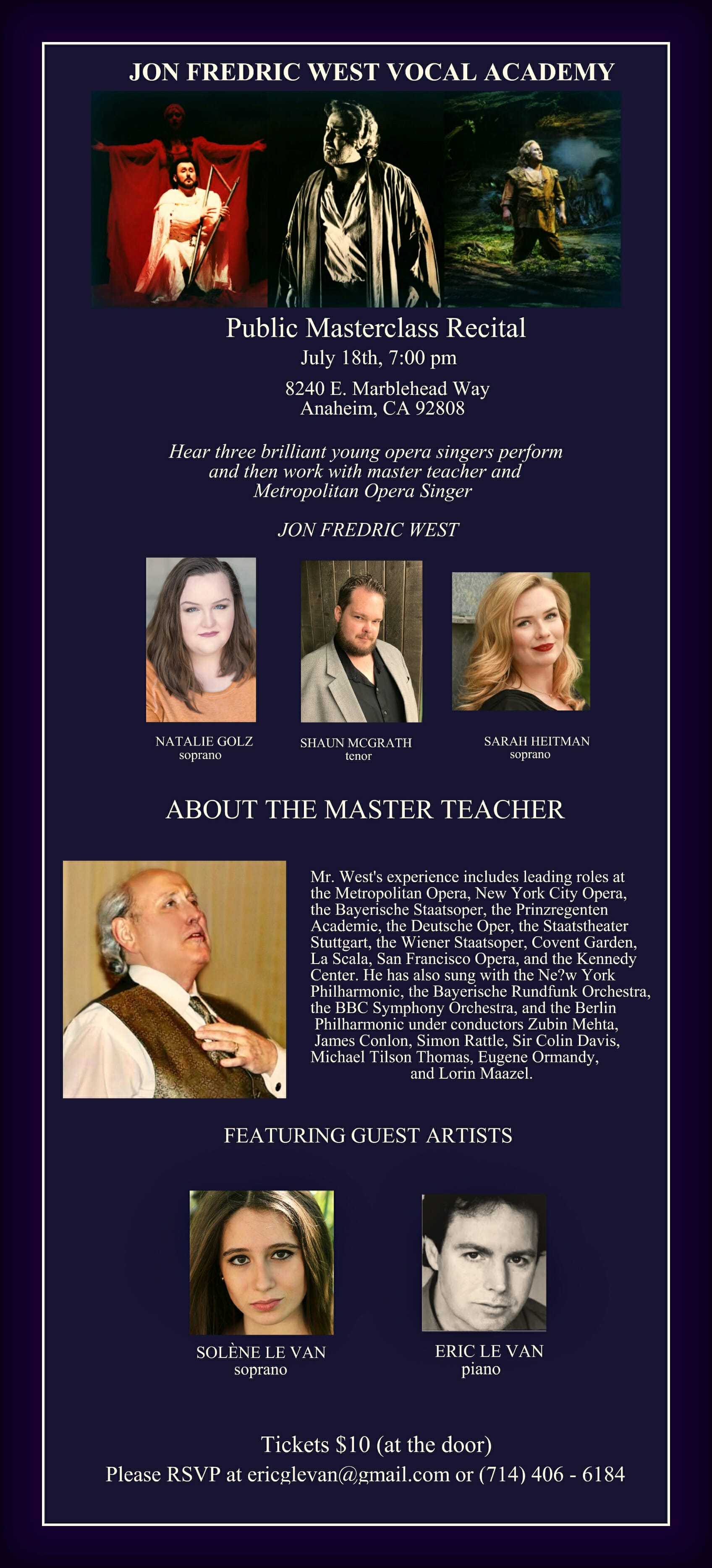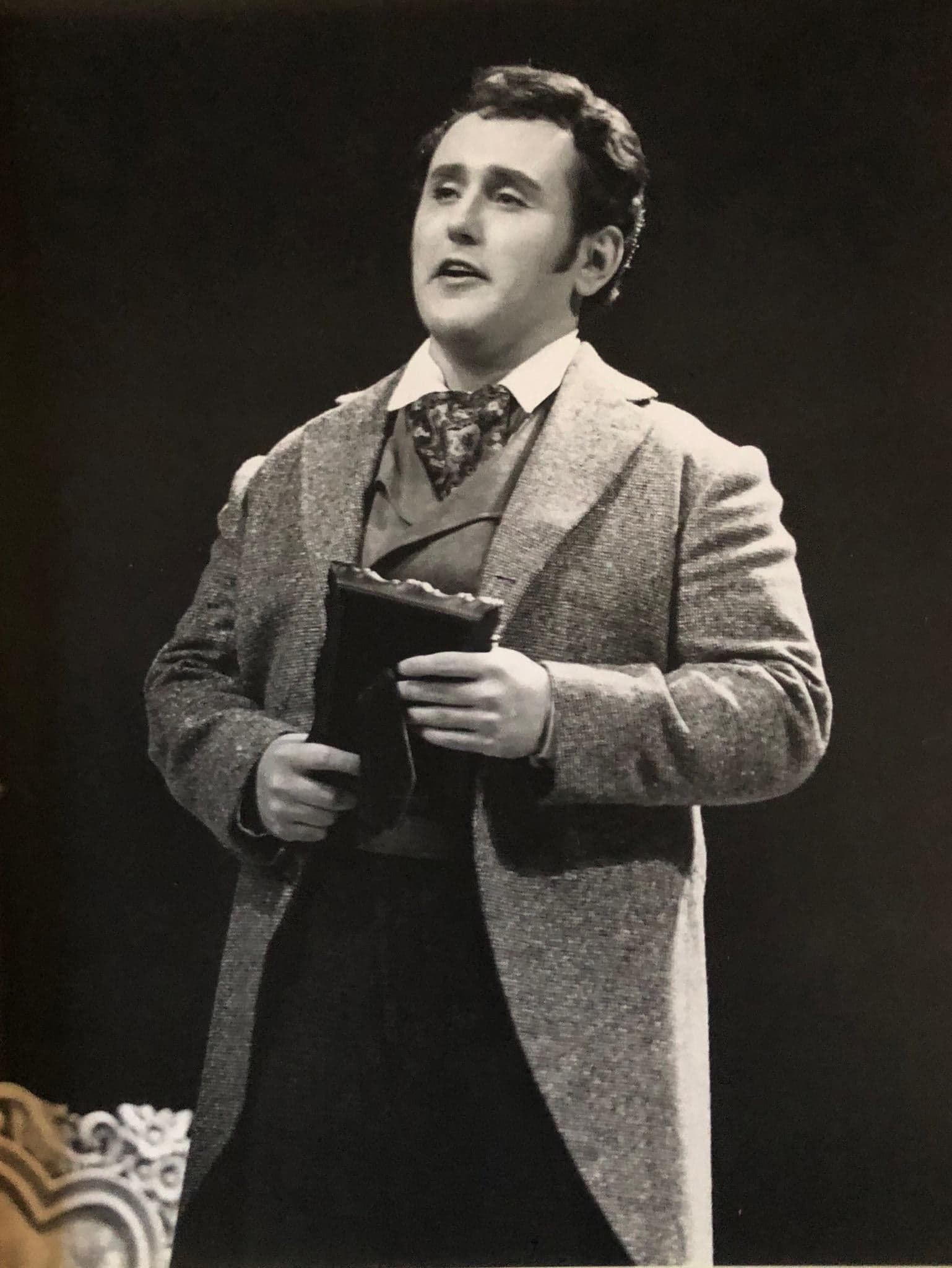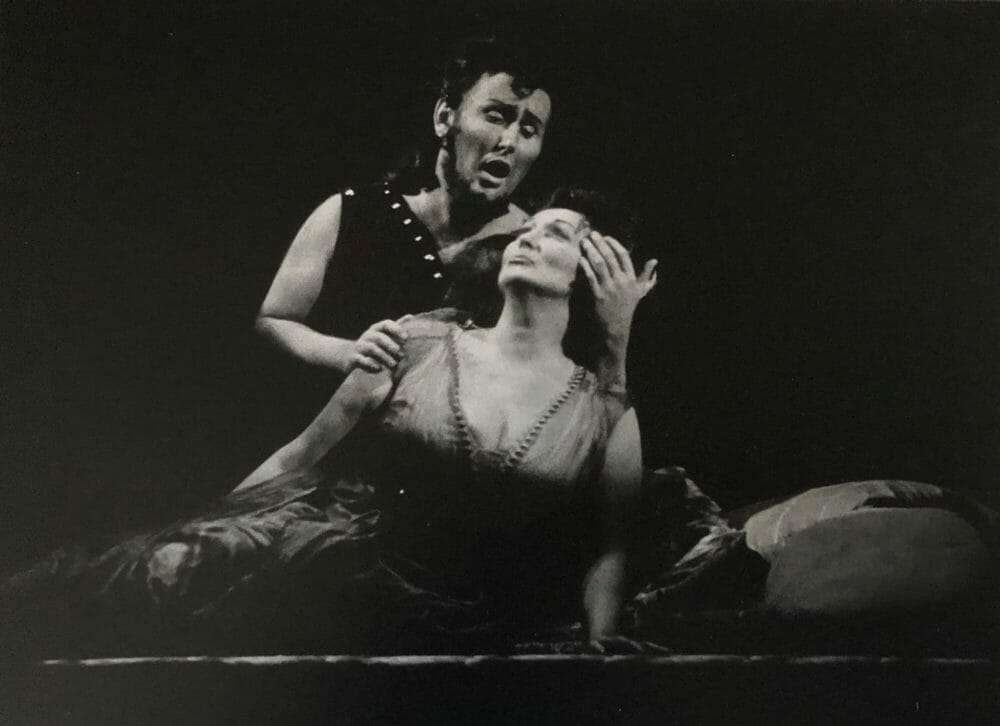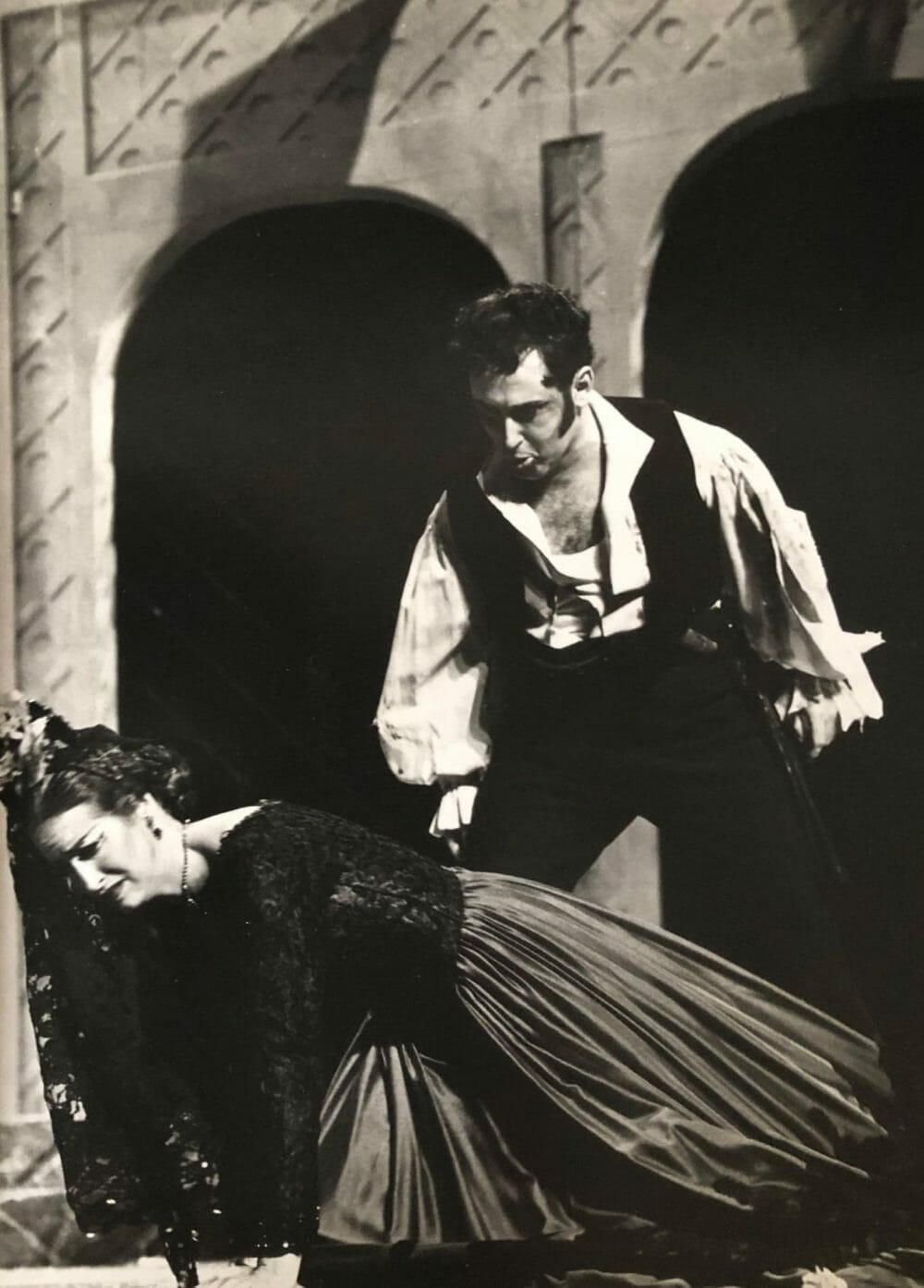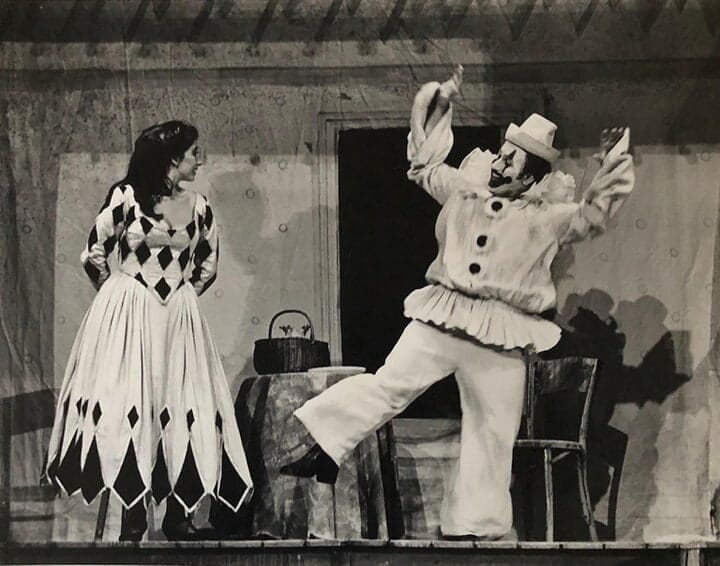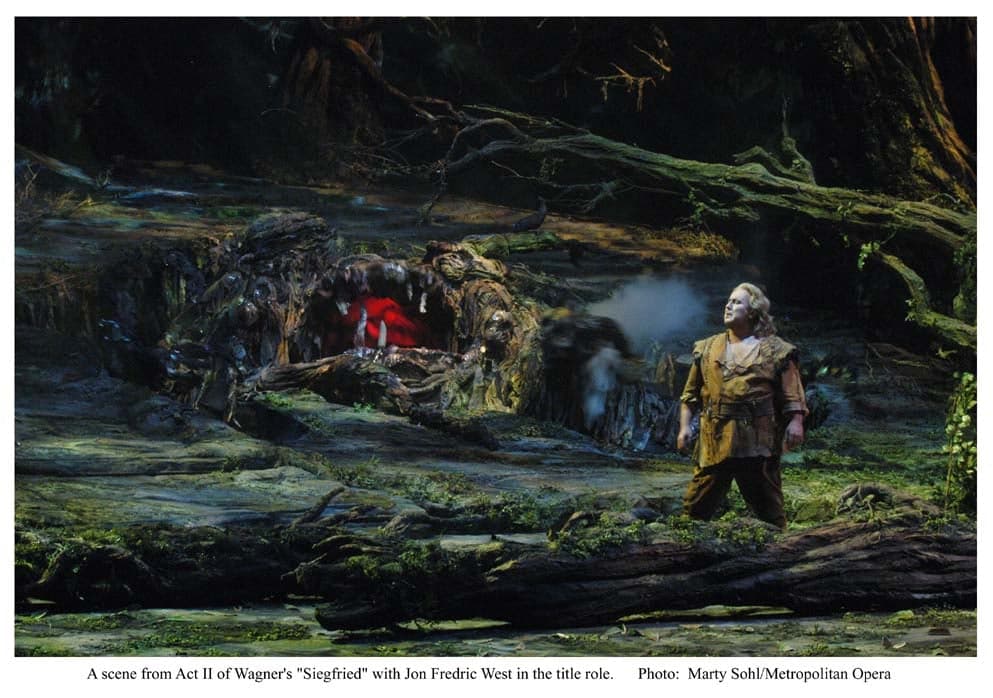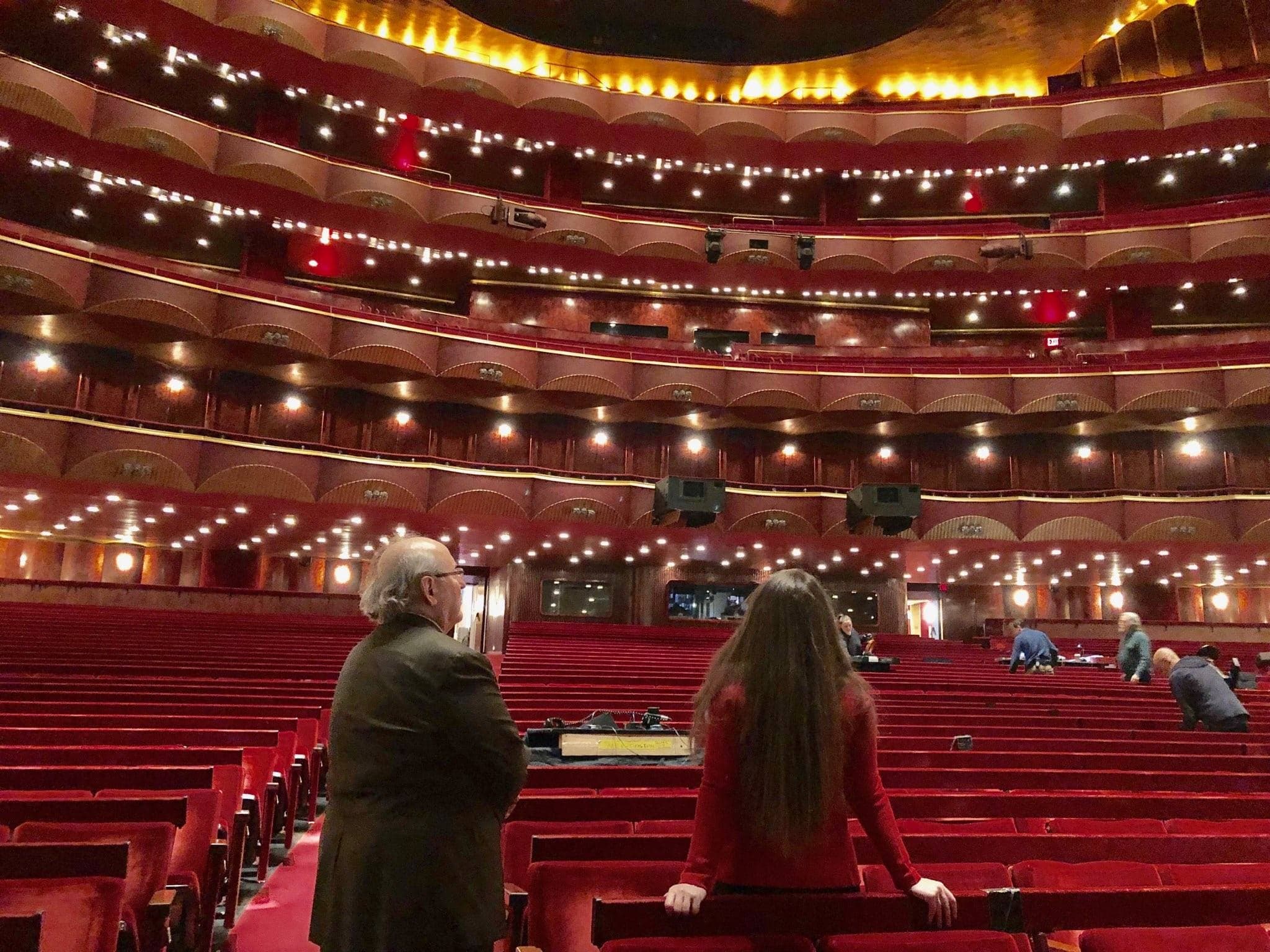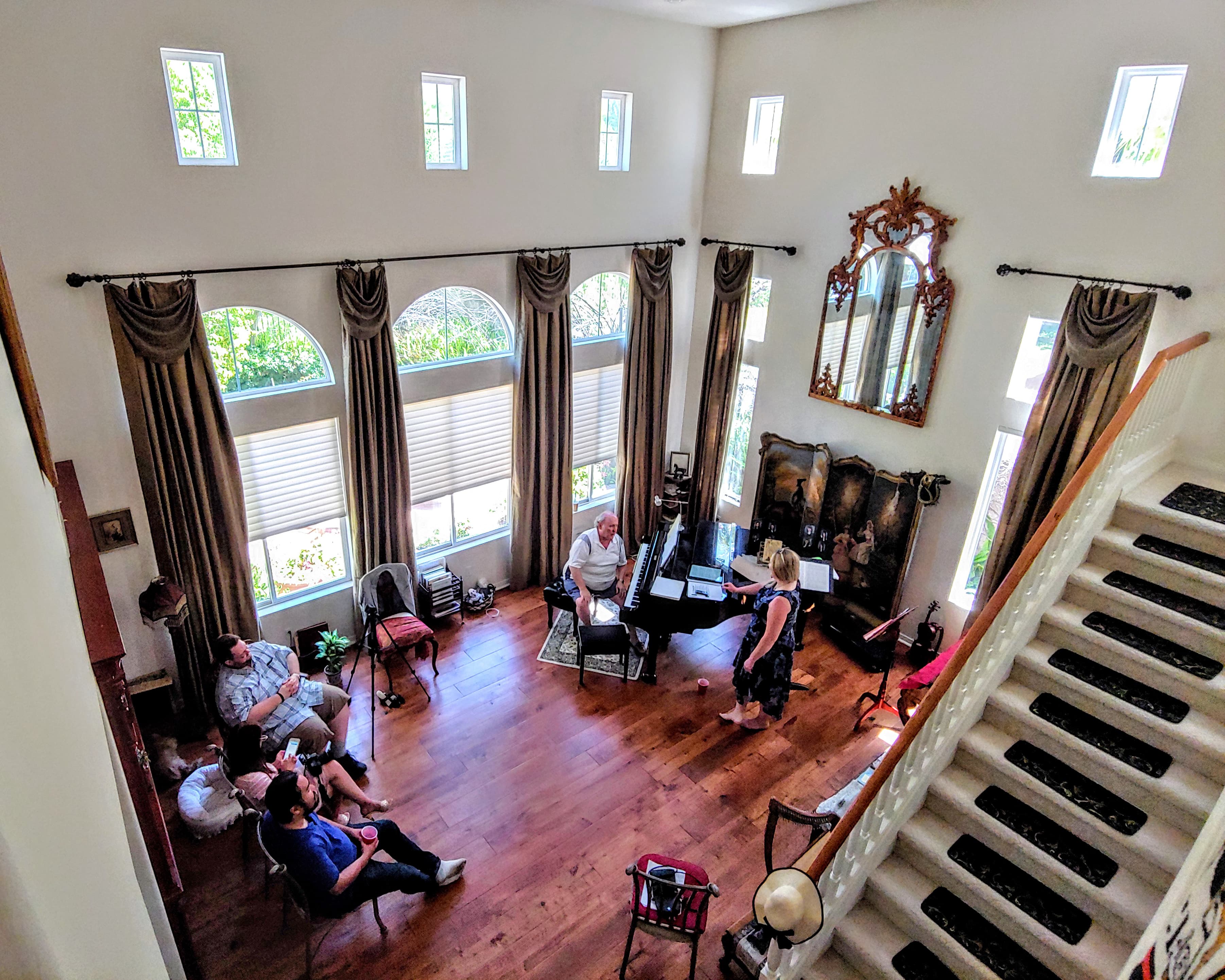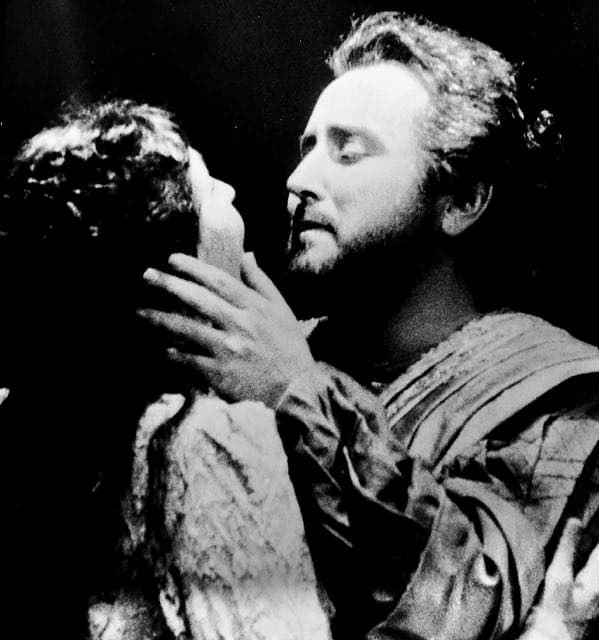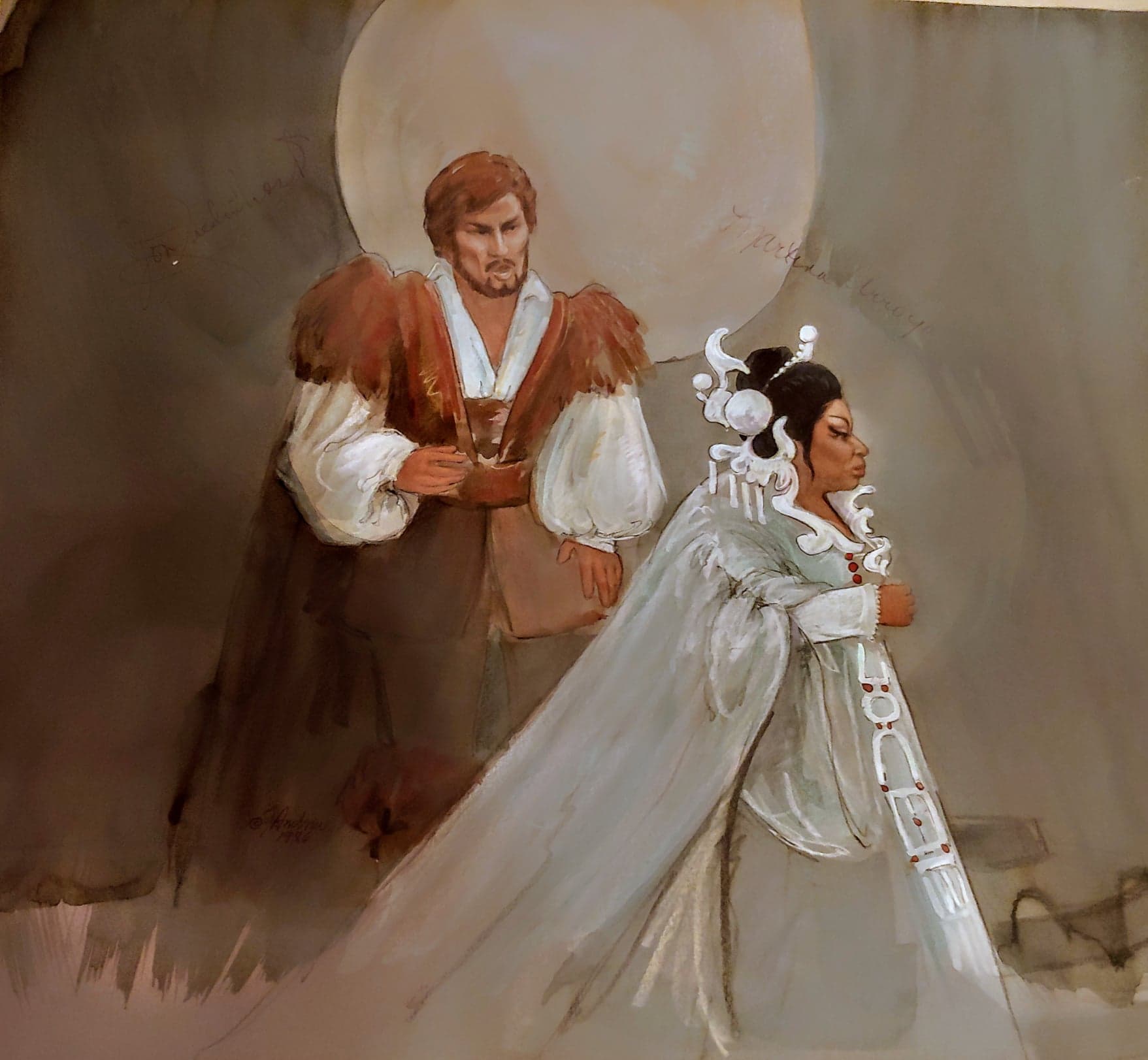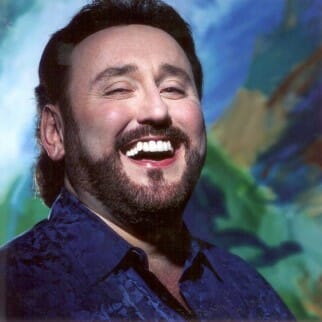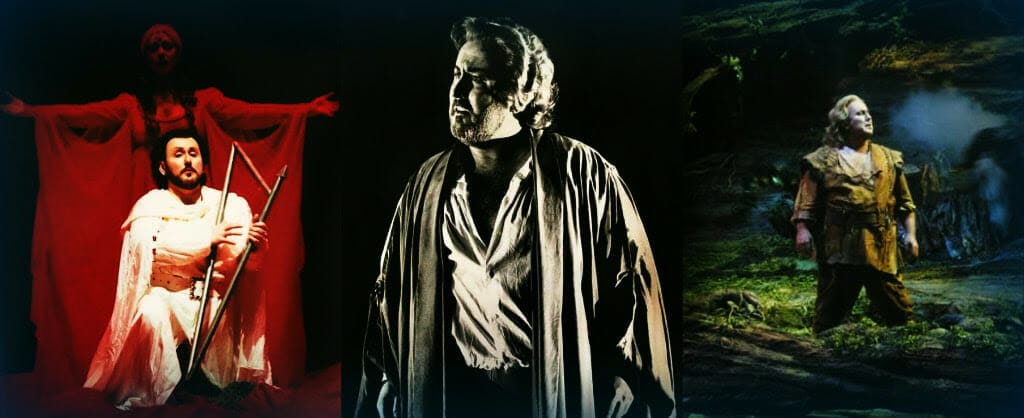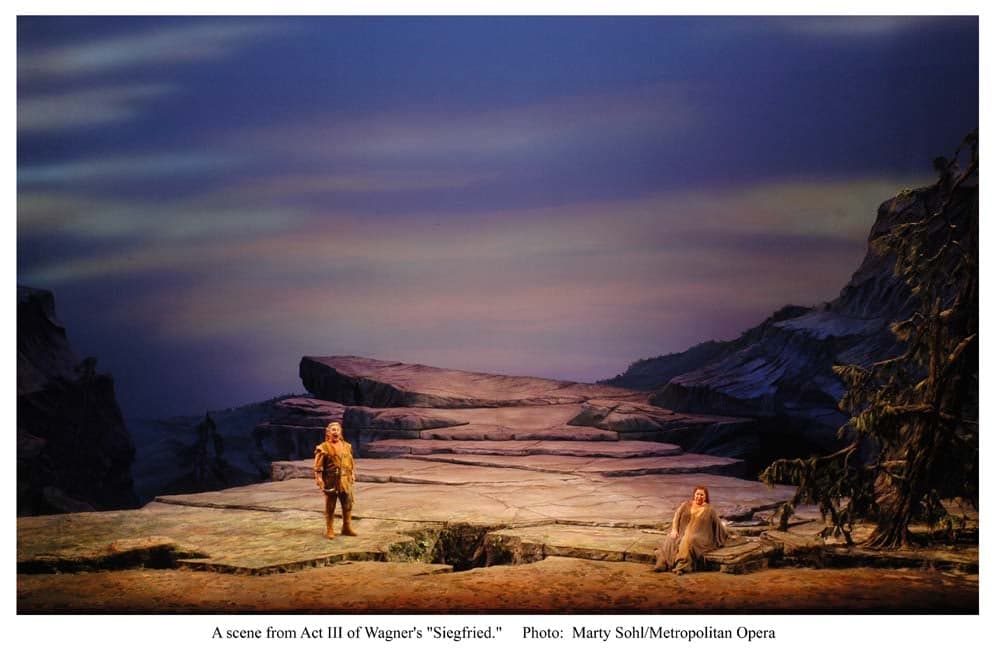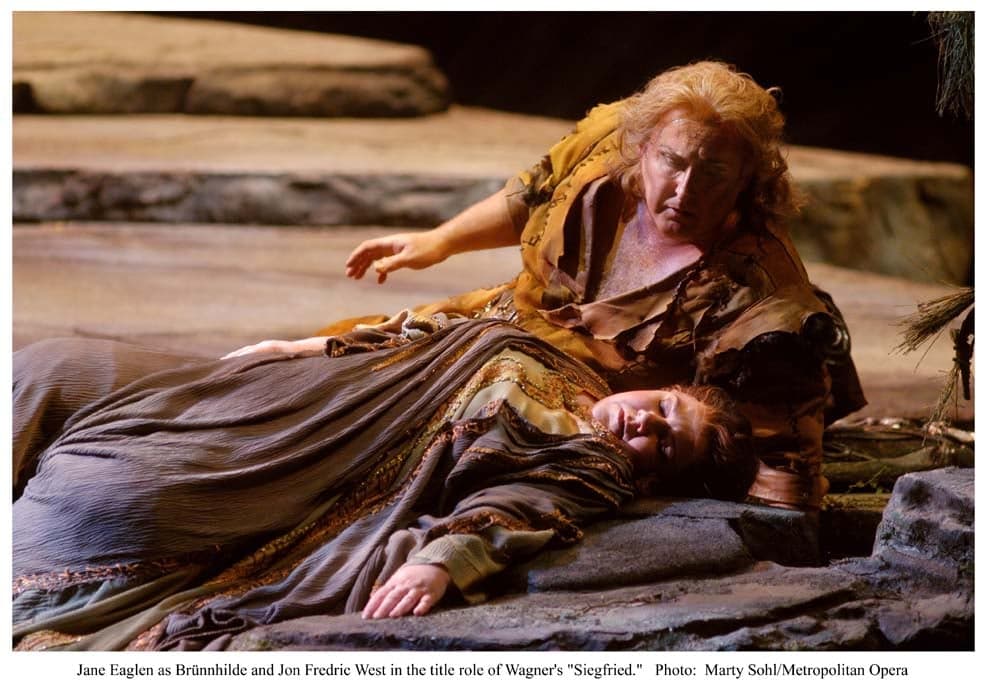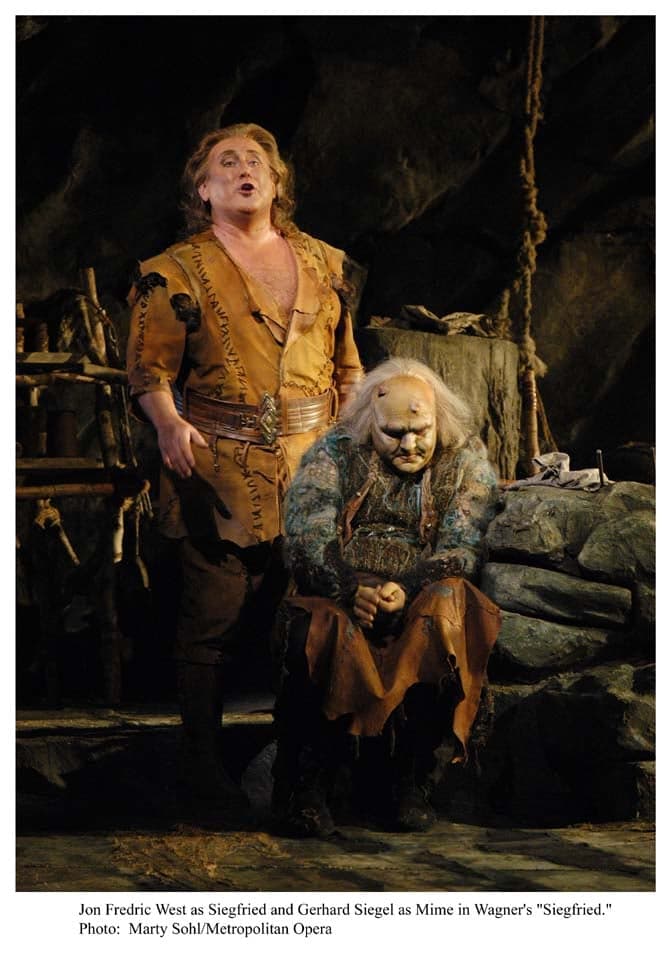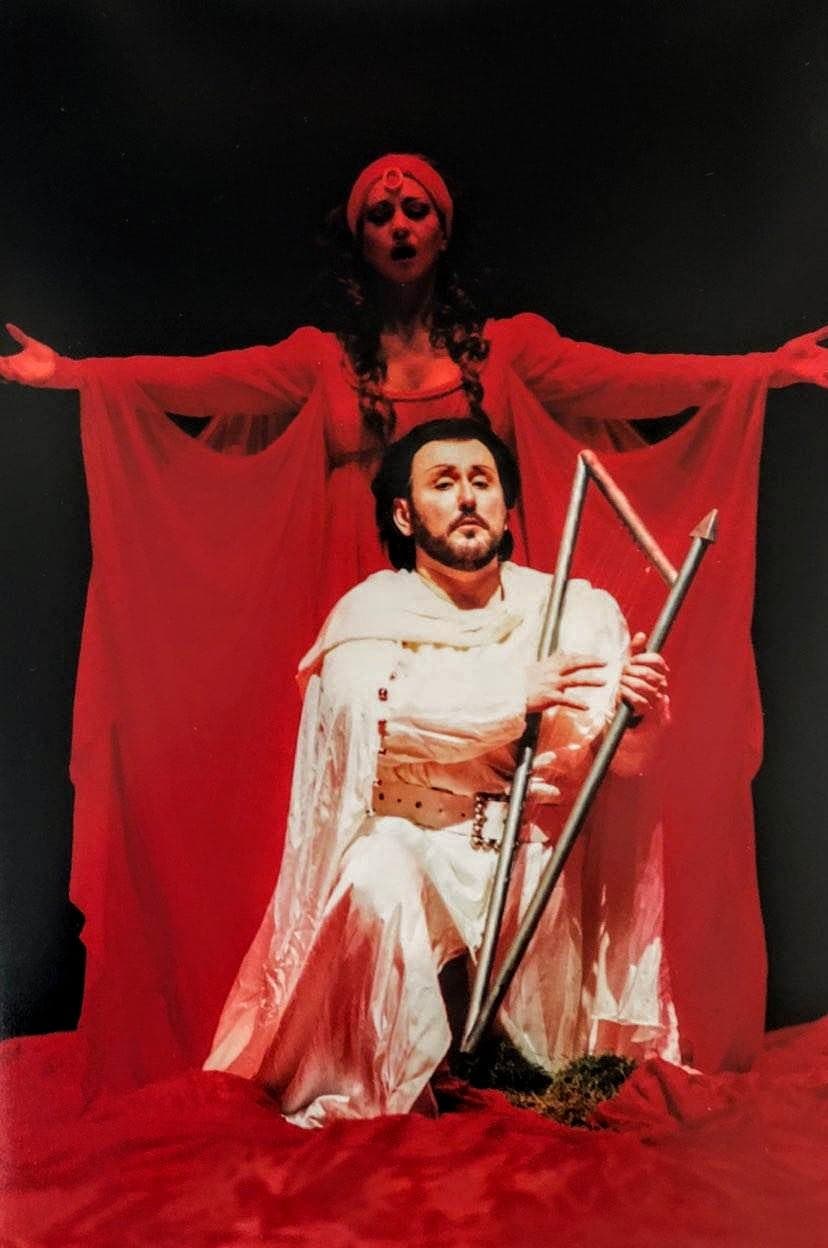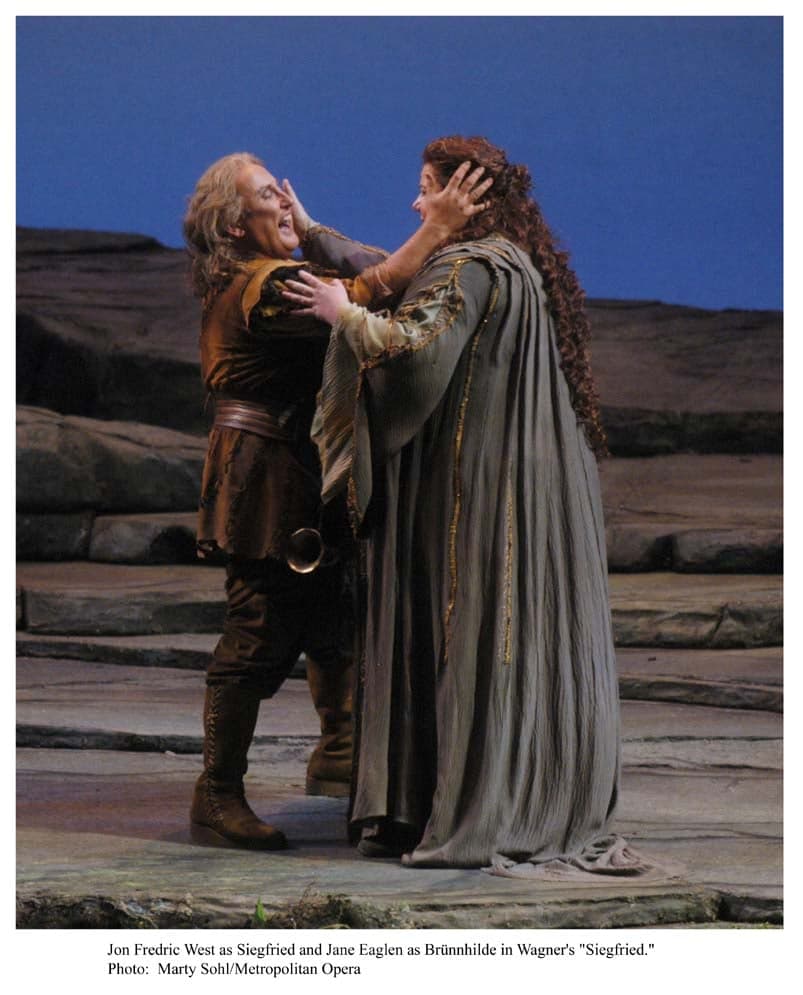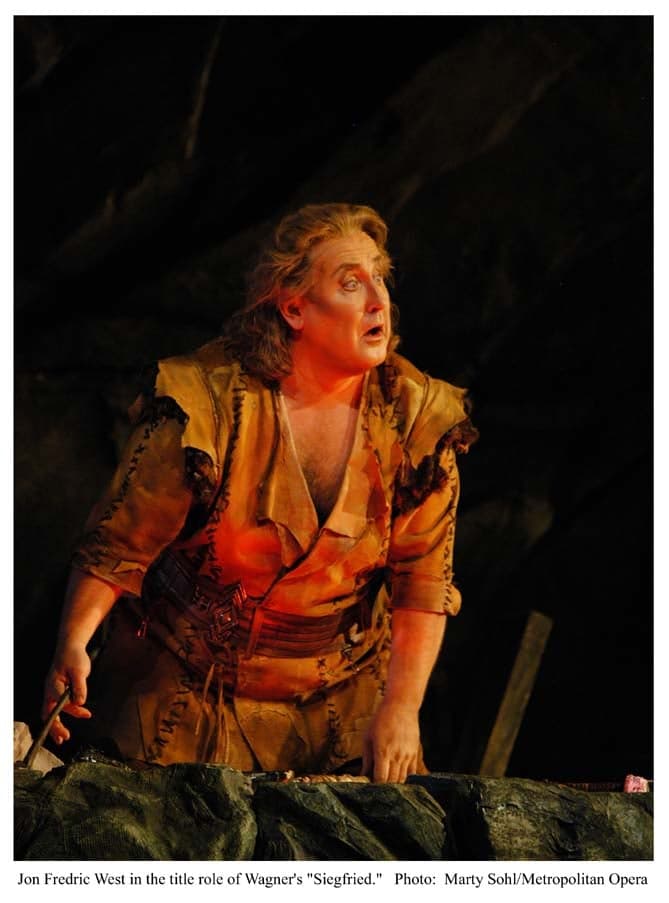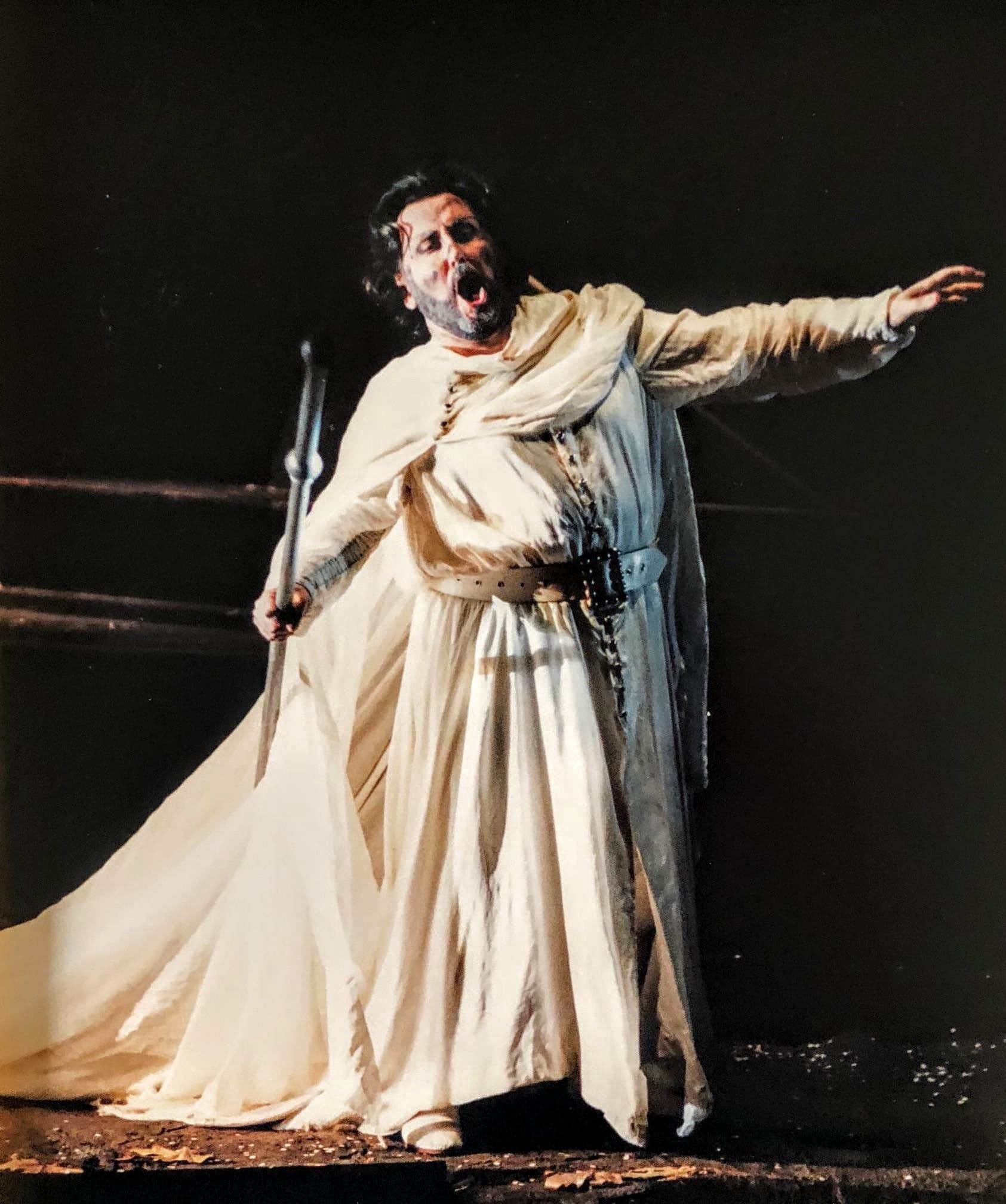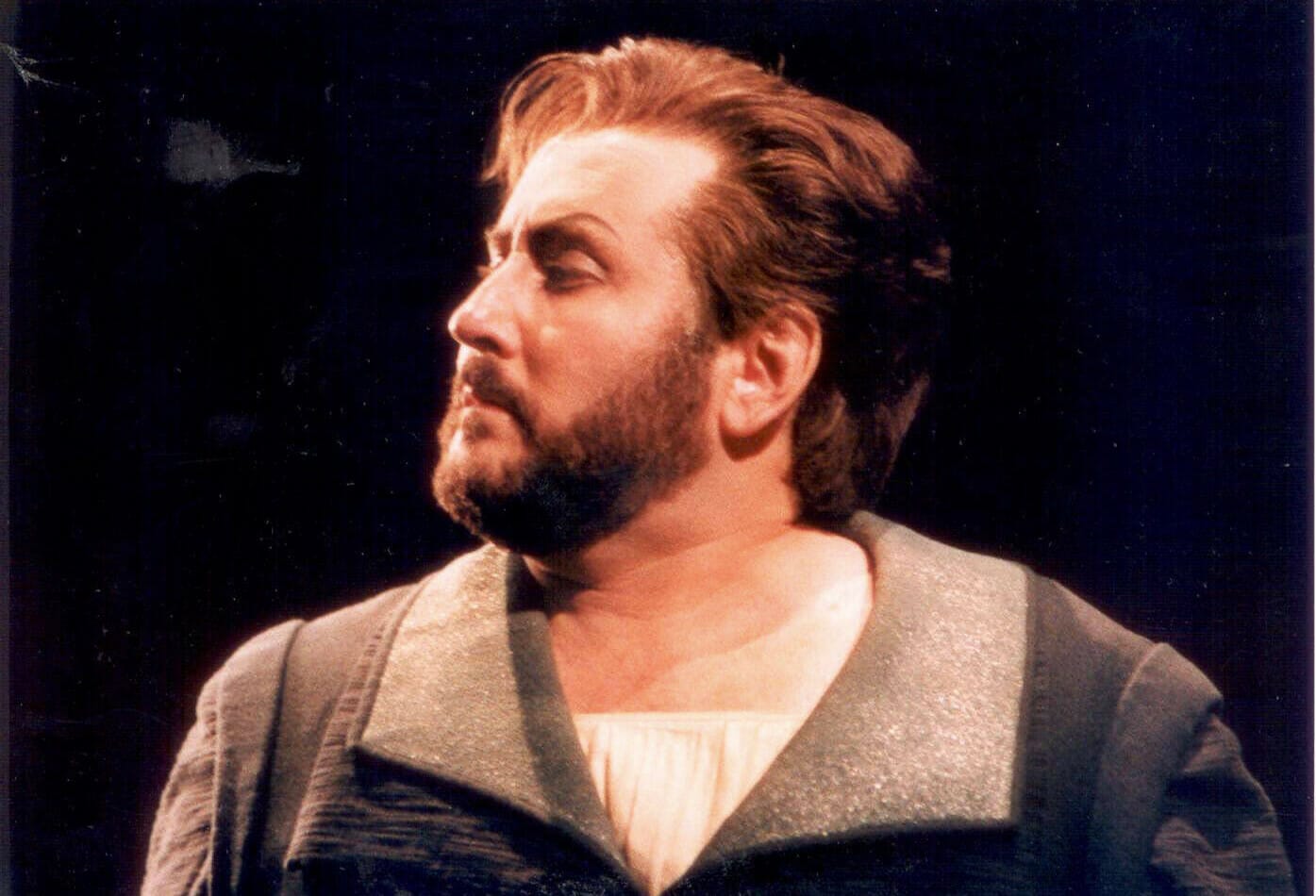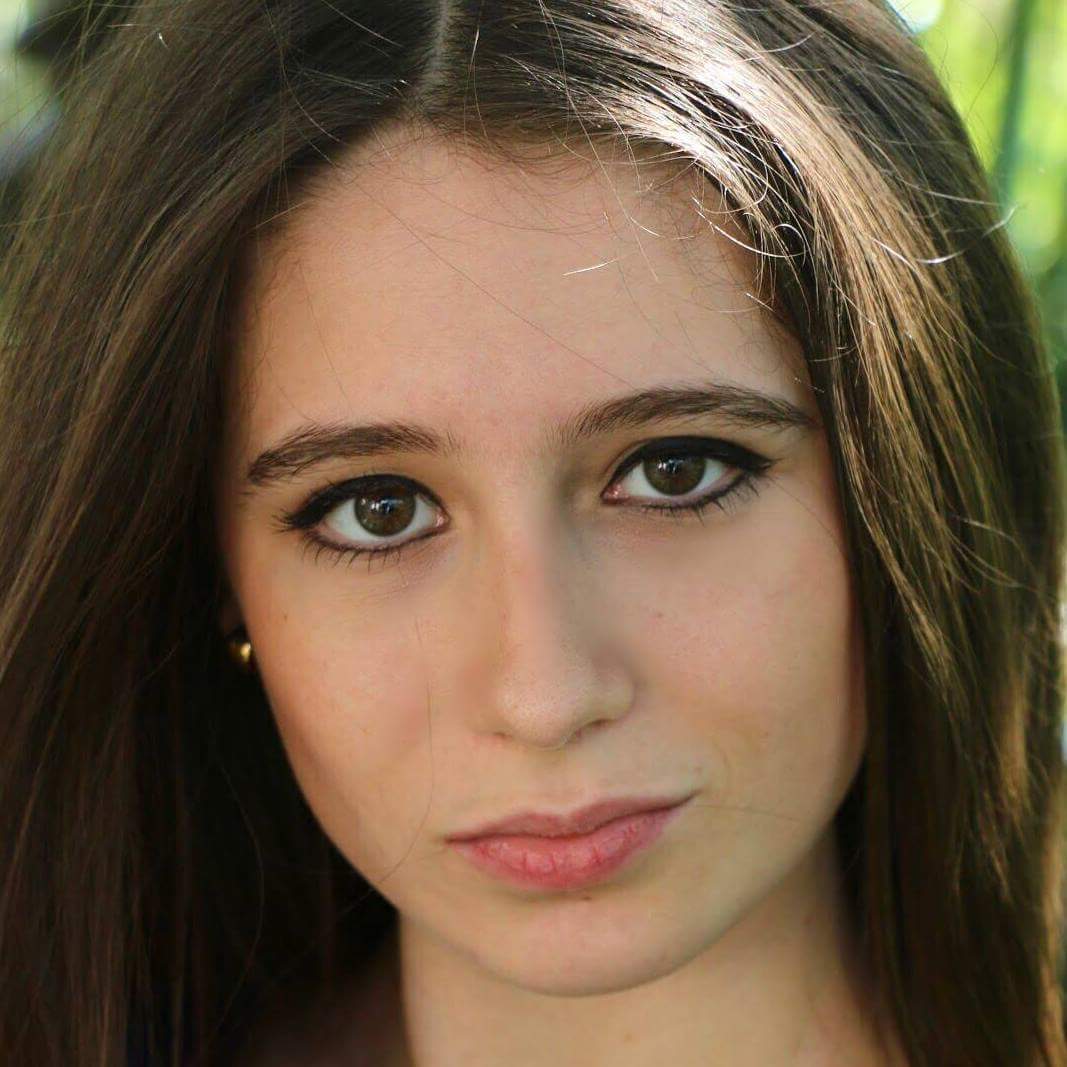When:
July 18 7 PM
Where:
8240 E. Marblehead Way / Anaheim, CA 92808
This Thursday on July 18th at 7 pm in Anaheim, the Jon Fredric West Vocal Academy is hosting a masterclass recital led by internationally renowned Heldentenor Jon Fredric West, who has performed leading roles at the Metropolitan Opera, New York City Opera, the Bayerische Staatsoper, the Prinzregenten Academie, the Deutsche Oper, the Staatstheater Stuttgart, the Wiener Staatsoper, Covent Garden, La Scala, San Francisco Opera, the Kennedy Center, and the Houston Grand Opera, to name but a few. Mr. West also sang with many orchestras including the New York Philharmonic, the Bayerische Rundfunk Orchestra, the BBC Symphony Orchestra, and the Berlin Philharmonic under conductors Zubin Mehta, James Conlon, Simon Rattle, Sir Colin Davis, Michael Tilson Thomas, Eugene Ormandy, and Lorin Maazel.
Three young artists from across the country will be in this masterclass recital. The masterclass recital also features guest performer Eric Le Van and lyrical coloratura Solène Le Van, will also perform two arias to inaugurate the recital.
In this intimate setting, members of the public will have the opportunity to socialize with Maestro West during refreshments served at intermission. The evening will end with a Q&A session, and each attendee will also be able to ask Maestro West about his experiences performaing with many of the greatest opera stars of the past fifty years.
Picture This Post (PTP) had the chance to interview Maestro Jon Fredric West (JFW) in between lectures and sessions with his young artists. Here are his thoughts on the realities of a career, developing an artistic sensibility, and the art of teaching.
(PTP) The Russian writer Vladimir Nabokov defined the call of inspiration the artist experiences in childhood or young adulthood as: “a prefatory glow, not unlike some benign variety of the aura before an epileptic attack, [which] the artist learns to perceive very early in life.”
When did you experience the “glow” for the first time, which made you discover and pursue opera?
(JFW) That question does not apply to me -- because that incredible joy was part of my spirit even as young as three years old, which is from whence I was singing. It was a calling -- a calling that I believe is from God, and that was given to me preternaturally. I simply continued after birth. I know this answer may sound spooky and metaphysical, but it nonetheless is my reality. I have never doubted it. I have been overwhelmed at times by wonder and amazement, but never have I experienced disbelief. Singing was always my life’s summons and it was my greatest happiness to experience it whenever I could. I like to quote William Wordsworth-- “But trailing clouds of glory do we come …From God, who is our home.”
What were your first roles? How did you transition from Italian dramatic repertoire to German Heldentenor repertoire?
[editor’s note: A heldentenor is a specialty voice type and the most powerful type of tenor. Bestowed with the darkest, loudest, and most brilliant dramatic sound with a baritonal facility in the middle range, a heldentenor possesses just the right brightness necessary to pierce through thick orchestral textures].
First of all, I moved from believing I was a baritone to tenor shortly after puberty at thirteen. By the time I was fifteen, my voice teacher (Mr. James Wilson) pointed out to me that he believed I may be that most rare type of singer called a Heldentenor.
I met this news in quite high dudgeon, because I was a boy from Dayton, Ohio who desired to be the archetypal Italian tenor. Mr. Wilson informed me that if I wanted to continue to sing and not lose my voice by the time I was thirty, he had to re-train me into the lightest of sounds, so that I might be able to climb up the ladder as my body and voice matured. The great tenor and my friend Richard Tucker put it very well when he said, in the tradition of Hebrew cooking: “first the milk before the meat”. This is what I did, although it became apparent that even early on, the dramatic roles were better for me than the lyric roles. I first sang the role of Canio from I Pagliacci when I was 24, my first Fidelio was when I was 28, and my first Waldemar in Schoenberg’s Gurrelieder was when I was 33. All of these debuts were supremely successful as opposed to my performances of the Italian repertoire, which were highly appreciated, but not perceived as to the manner born.
What artistic contribution in the operatic world do you want to be remembered for?
The greatest contribution that I would like to be remembered for is my work in Wagner. More specifically, I showed that you can sing all of his music beautifully and lyrically without resorting to Wagnerian sprechstimme [a technique riding a fine line between speech and song], as many of the so-called great Wagner singers of the past did regularly.
What does it take to sing Wagner -- physically, spiritually, artistically?
It takes the right kind of voice. It takes an incredible physical stamina, and one must be a superb technician. To digress for a moment, the demands of Wagnerian singing make us realize that all successful Wagnerian singers can be viewed perhaps as far greater technicians than their Italian counterparts, who only sing for an hour or less. In contrast, our parts can last for up to four hours. More importantly, it takes a love for the greatest speech drama -- the greatest sung drama -- that still remains on the opera stage today. Finally, to find the truth of every phrase is the greatest challenge in all of opera.
You are now turning to teaching. What do you believe to be the most vital elements to transmit to a new generation of singers?
The most vital important aspect of great singing is the sound itself: to understand what vocal beauty is, to understand that it is a very narrow definition, and to understand that there are only three elements involved -- largely elements that we have been doing in childhood separately. We merely have to learn to put them all together and balance them, much in the same way that a tightrope walker finds equilibrium. This is not an easy task, but it is imminently doable if you are guided by someone who knows that way of walking the tightrope. In the final analysis, I would like us to go back to the greatest singing that was accomplished from the turn of the century through 1970 and examine what those beautiful sounds were and how to create them.
To those who are not initiated into the world of opera, what are some misconceptions about the art form that you would like to dispel?
That is a very important question, and I think it needs to be addressed. Opera is about passion. It seems to me the human race loves stories of passion, and yet, we have come to believe that opera is passionless -- that it is an antique, a museum piece. This is partly because of the way it has been performed, and partly because of our laziness in preparing ourselves for a great performance. There is no work of art that does not require a little bit of study prior to viewing it, hearing it, or singing it. To make an analogy, imagine a chef who creates masterpieces in his own right. How wonderful it is if before enjoying his dishes, we happen to know a little culinary history that helps us understand what led him to develop his singular recipe. Today, it seems that we only want instant gratification: press a button, and we have concocted a nice love story that makes us cry. Is there anything wrong with that? Not really. The desire for such stories are common to all of us. We all have those reactions. On the other hand, what is unique and makes us special are the individual stories that take a slightly different turn and that we cannot fully appreciate without empathy or a prior knowledge. When Mimi dies in La Boheme, she is dying of “consumption”, which is actually the same ailment as tuberculosis. Many people in the late 1800s died of tuberculosis, including the great financier and robber baron Jay Gould, who was considered the great Mephistopheles of Wall Street. Apprehending that these people were as human as we, realizing that they needed as much passion in their lives as we do --- this is what the great works of art, and particularly opera, present to us. How exciting it can be to understand all of the implications of these two young peoples’ lives: that they are falling deeply in love, and that yet in only a few months, the young lady will die of tuberculosis. What more could we want but an examination of life -- of life from beginning to end, of life lived with love and passion. I postulate to you that there isn’t anything more, and that we there is no need to miss the great passion, the great inspiration, the great love which we are invited to appreciate in all great works of art. We just have to realize that “Io t’amo” means “I love you” in any language.
Could you describe the most satisfying musical moment of your career?
The most satisfying musical moment is the present, which carries with it the immediate act of creation. The past lies in an untouchable region that can never be accessed.
What are the most fulfilling aspects of being a singer? What are the most difficult?
To sing is the most fulfilling aspect of being a singer, for it involves your body, your mind, and your soul. When it comes to those three elements joining together, the singer undergoes a physical and spiritual joy greater than all others I have ever known.
The work itself is the most difficult. Precisely because developing our craft involves the body, the mind, and the spirit, it is extremely personal. Finding the right roles, venues, conductors, and colleagues under which one can flourish is a great challenge. The pressure to make a living through our pursuits is very real, but ultimately, all material concerns are far less important than the intrinsic joy of singing. That is the hardship of our existence -- to balance those aspects that are both good and bad in the life that was given to us by a higher power and to which we have responded. As in most joys, the bliss and exaltation comes with a great deal of pain and suffering, and we must live on that razor’s edge for the rest of our lives.
There is no greater happiness that I have ever known beyond what I chose to do in my life. Make no mistake -- singing opera is hard, sacrificial, and necessitates a single-mindedness that only those who know what it is to run away to the circus and leave all else behind understand. I do not regret a moment, and I would do the same thing over again if I had the choice.
TICKETS:
$10 per person (at the door)
For tickets please RSVP: email jonfredricwestvocalacademy@gmail.com with your requested number of tickets
For more information please visit:
Jon Fredric West website;
Eric Le Van website;
Solène Le Van website.
All the other photos courtesy of the Jon Fredric West Archives
About the Interviewer
Watch this video previewing Picture This Post's OPERAS WE LOVE - roundup.

